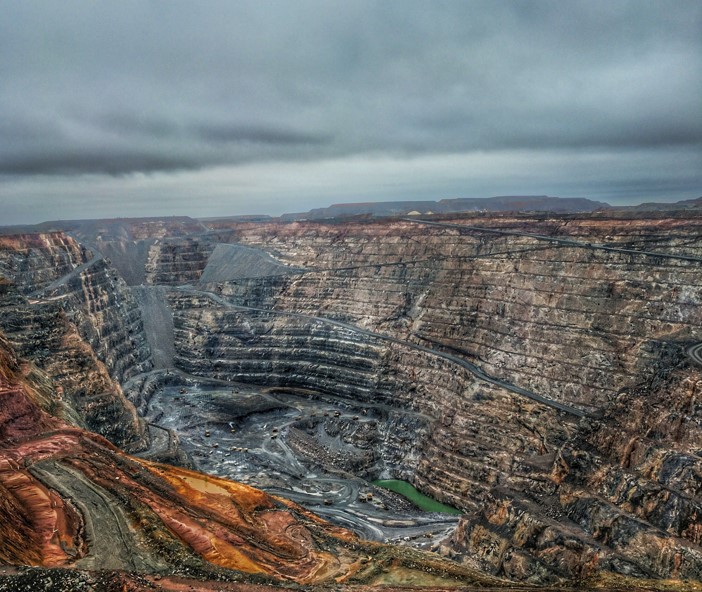The Democratic Republic of Congo (DRC) is seeking to review and renegotiate its mining contracts with China, claiming that they heavily favour Beijing. The country wants a larger share of the proceeds from the mining and export of its natural resources by Chinese companies.
National Assembly Speaker Christophe Mboso has called for a proper audit of mining contracts, with a strict review of the government’s deals with Chinese firms. Finance Minister Nicholas Kazadi has accused China of benefiting disproportionately from these contracts and is seeking to increase tax obligations on these companies.
One such Chinese firm is Sicomines, which is co-owned by the DRC and China, and holds roughly 6.8 million tonnes in mineral reserves. The company owns most of the 15 mines in the country. China’s Sinohydro Corp and China Railway Group own a 68% stake in Sicomines, while the DRC holds its stake through the state-run mining firm Gecamines. In exchange for China’s stake, Beijing agreed to build roads and hospitals in the impoverished but mineral-rich nation of 95 million people.
The DRC holds 70% of the world’s cobalt reserves, which are used in electric vehicle batteries, solar panels, and wind turbines, making them essential for the global transition to clean energy. Around 80% of the cobalt that the DRC produces is processed in China. The country is also Africa’s largest copper producer, making it a vital player in the global metals market.
Despite the importance of these minerals to China’s clean energy ambitions, the DRC is now dissatisfied with the terms of its mining contracts with Chinese companies. In February 2023, the country called for an overhaul of a $6.2 billion mining deal with China, following President Felix Tshisekedi’s demand for a larger share of the country’s mineral resources than that agreed upon by his predecessor.
President Tshisekedi has argued that it is not fair for foreign companies to benefit from the country’s resources while its people remain impoverished. In May 2021, he called for the readjustment of mining contracts to create “win-win partnerships” that benefit both parties.
The state audit office Inspection Generale des Finances (IGF) has asked for an additional $17 billion in infrastructure investment from China, seeking to make these deals more equitable for the DRC. An IGF report released in February 2023 showed that Sicomines had invested $822 million on infrastructure projects in the DRC, despite earning $10 billion from contracts in the project over the past 10 years. The IGF is now calling for China to increase its investment in Sicomines from the current $3 billion to $20 billion and to hire more Congolese staff.
The root of the DRC’s problem lies in the past. Most of the infrastructure-in-exchange-for-minerals deals were put in place informally by the previous government under former President Joseph Kabila between 2007 and 2008. Some of these were even apparent barter deals with individual Chinese companies for stakes in the DRC’s copper, gold, and cobalt mines.
Observers suggest that President Tshisekedi will use the issue of mining contracts in his campaign for re-election in December, presenting himself as a leader who is working to right the wrongs of the Kabila regime. The renegotiation of contracts with Chinese companies is likely to be a contentious issue in the coming months, as both sides seek to protect their interests.
In recent years, several African nations have joined the Democratic Republic of Congo (DRC) in demanding a fairer share of mining profits. Like the DRC, these countries seek to renegotiate mining contracts with foreign companies in order to gain greater control over their natural resources.
Many of these nations feel that they have been shortchanged by foreign firms that extract valuable minerals from their soil. In many cases, these companies are accused of paying minimal taxes and royalties to local governments, while keeping the lion’s share of the profits for themselves.
Image Credit: Matthew de Livera/Unsplash





